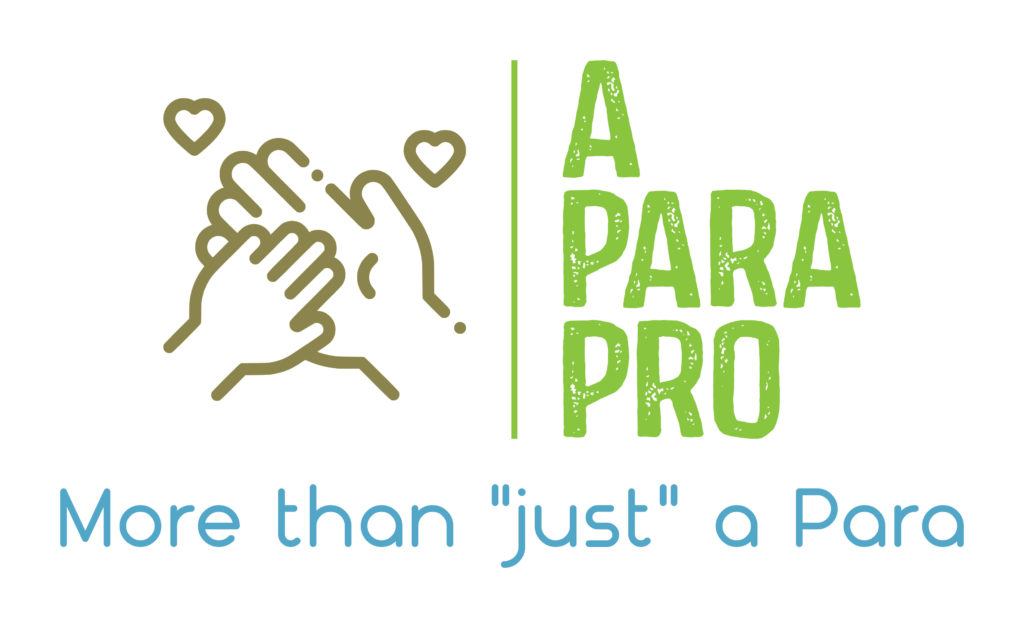7 Paraeducator Secrets for Connecting Quickly and Easily with Students
WITHOUT Fear, Awkwardness, or Insecurity
You CAN Do This. And I'm Here to Help
BELIEVE
The educator must believe in the potential power of his pupil, and he must employ all his art in seeking to bring his pupil to experience this power.
Alfred Adler
Austrian medical doctor, psychotherapist, and founder of the school of individual psychology.
Hi Para, I'm Zee!
Welcome to A Para Pro! Thank you so much for signing up for 7 Paraeducator Secrets for Connecting Quickly and Easily with Students.
If you are wondering who I am and why should you be listening to me. Well, I have served as a paraeducator for 10 plus years and I totally understand the first day jitters when working with students for the first time.
The truth is you don't know them, they don't know you. It seems like any training you might have received in life regarding the ins and outs of working with children…POOF!… just fly out the window and instead it begins to fill up with questions of self-doubt.
After these 7 paraeducator tips, you will be able to handle first-day jitters like the pro that you are, A Para Pro.
How I got here
In my 10 years of experience, I started with autism at the middle school level. Then I worked with spina bifida at the preschool or early childhood level, and most recently I've worked with cerebral palsy at the elementary level.
I have worked at a therapeutic day school focusing on autism. I've worked in class settings such as inclusion, blended, and in the self-contained LIFE program.
I have received hands-on training from speech, physical and occupational therapists as well as social workers and BCBAs. I hope for you to benefit from my experience in order to have a fun and stress-free connection with your students.
My Best 7 Tips
Okay, now with that out of the way, I’m super excited to share the top 7 secrets I discovered on
my OWN path to achieving paraeducator success. Let’s start with #1

Secret #1: Exude Confidence
Exuding confidence is the most important tip I can give to brand new paras. The main reason you need to project confidence is that kids, well, they can sense fear…no joke.
The best way for you to exude confidence in your new para position is for you to simply believe in yourself.
The best way to believe in yourself is to remember your kindness, your compassionate heart, and your natural love for serving children.

Secret #2: Reciprocate Respect
This secret is all about respect, not expecting it but reciprocating respect. Many individuals in authority expect respect but forget to give it in return. Giving your students the same respect, you expect is not only setting an example but also creating a connection of trust.
The best way to reciprocate respect is by being considerate, attentive, and genuinely caring for your students' concerns.
Reciprocating respect is highly important not only for the student-teacher connection but also for the benefits for you, the para. A para benefits from reciprocating respect because it reduces stress and increases joy.
Learn More: 5 Reasons Paraeducators Need to Respect Students

Secret #3: Set Structure
The setting of structure is important because it gives the student and yourself a general idea of how the school day is going to go. It gives the students a sense of time and more understanding as active participants in the ins and outs of their school day.
The structure is having a schedule that is simple to implement in your school day. Tools that help implement structure are visual schedules, timers, and first/then boards.
Structuring your day helps the student understand they are not going to be stuck doing an unfavorite task for a long time and give them something to look forward to like lunch, recess, or a simple break. This results in my favorite reason for setting structure, it reduces meltdowns and stress for you and the student.
Set Structure with these 5 Simple Para Tips
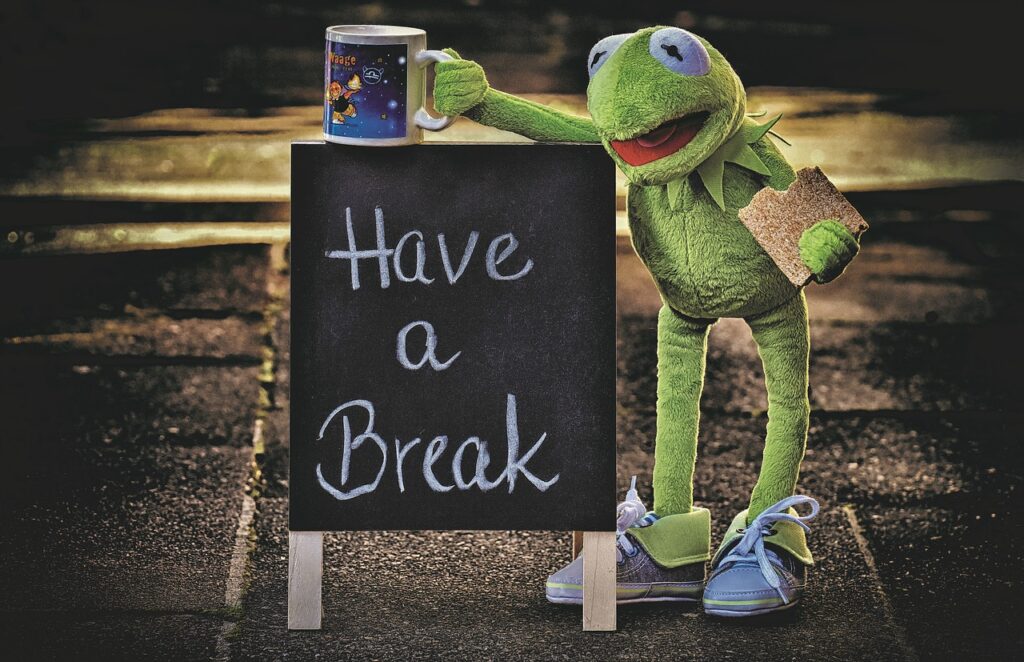
Secret #4: Open Flexibility
Open flexibility simply means to be flexible. I know…I know. I just told you to set structure but the structure you set needs to be adaptable to change. Hence open flexibility.
Keeping ourselves open to be flexible helps you and the student assess each other's emotions and realize when either one of you needs a break. Do not be afraid to take breaks. Breaks or lack thereof can make or break your school day.
Breaks include indoor or outdoor walks, a water break, a favorite YouTube video or song, or the student’s favorite activity.
You keep the structure and flexibility by using your structure tools, like timers and first then boards, during your breaks or preferred activity.
Next level: Learn how to transition back from breaks or preferred activity.
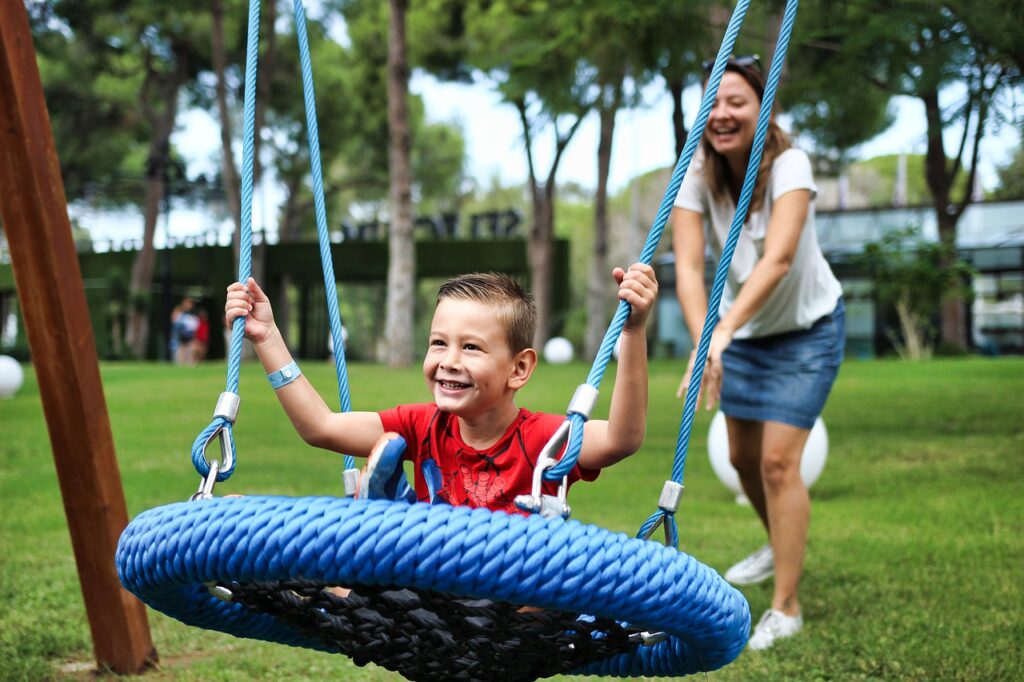
Secret #5: Promote Play
It is said that children learn through play. Play is how they make sense of this great big world, and it is vital for their wellbeing and development. Also, through play, children start to associate you as someone they can play with and open up their imagination.
The best way for paraeducators to help encourage play is by giving the students time, space, and of course materials, aka toys. Your main role as a paraeducator while students play is to observe. Don’t try to control the play. Have them lead you and ask questions to open up their creativity and imagination.
Different types of play paraeducators can encourage are art, dramatic play, sensory, blocks, books, and any tactile. Plus, any preferred activity from the student can also be a type of play
Dive Deeper: 5 Paraeducator Tips That Promote Play
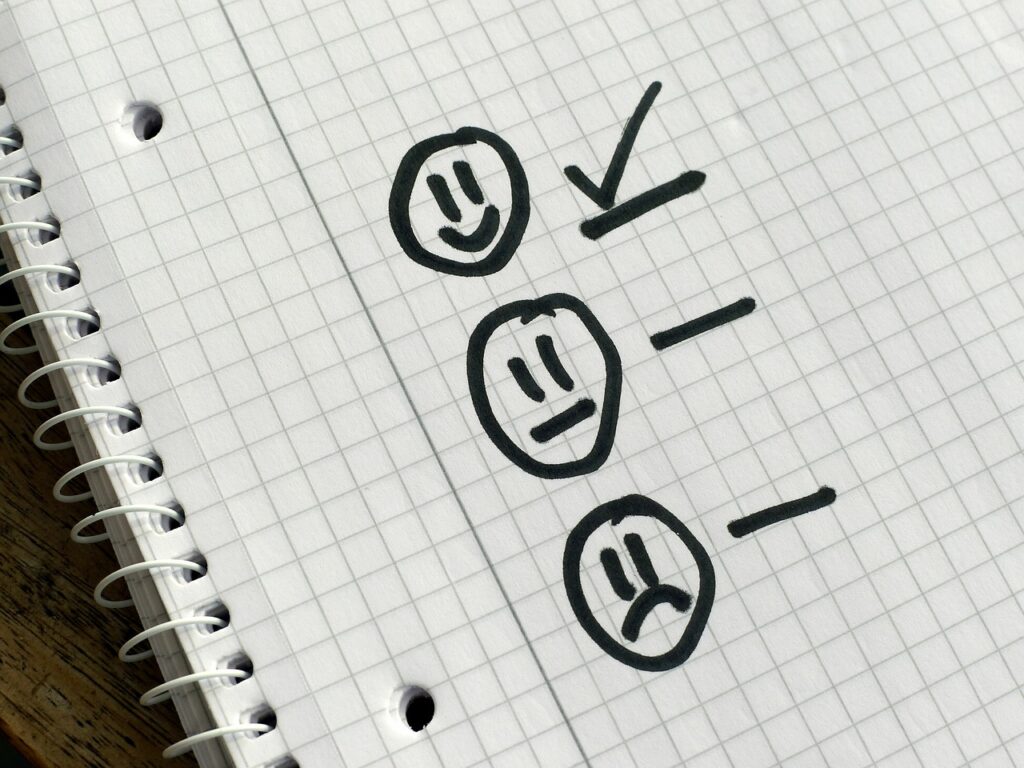
Secret #6: Collect Data
Data is important because it helps provide information on how a student is doing. Whether or not they are making progress through set goals.
Different types of data that paraeducators can collect are behavioral, functional, and academic. You can even collect data from observing the students play and make a preferred and non-preferred list. Knowing what your student's likes and dislikes help you build connections faster. Furthermore, if you encounter a meltdown or tantrum, you have your preferred list to support de-escalate the students.
Another perk of collecting data is having the student participate in the data collection. It promotes self-monitoring, and it helps them observe and take ownership of their own actions.
Check out these datasheets from Teachers Pay Teachers!
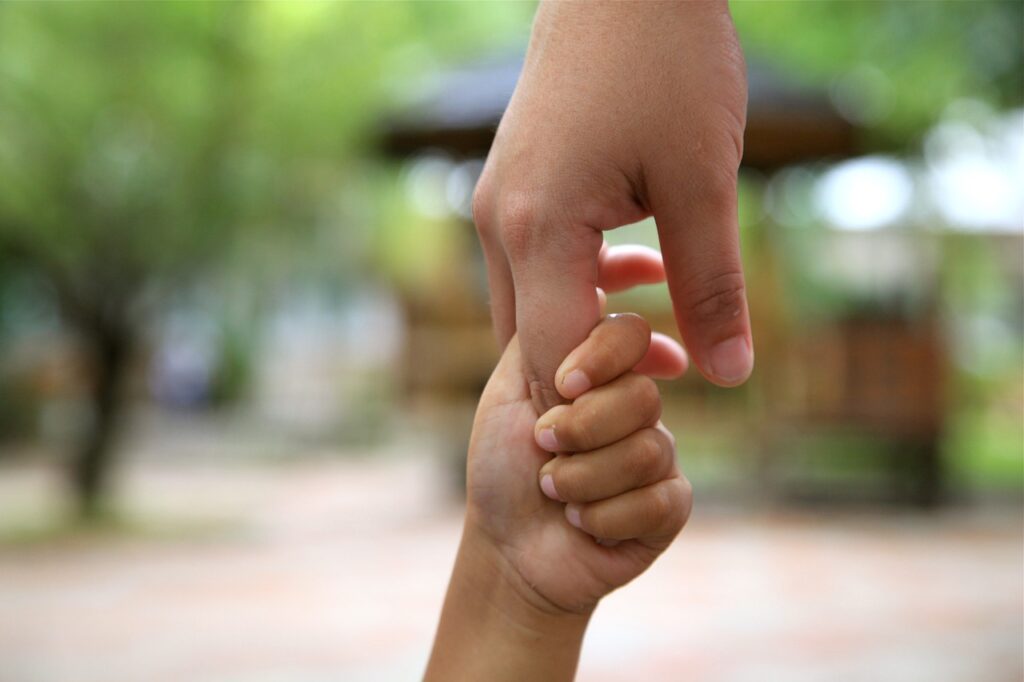
Secret #7: Establish Trust
If you have been paying close attention to these secrets, you will notice they all lead to trust.
- If you exude confidence the students feel you know what you are doing, and they can trust you.
- If you show them respect, they know they can trust you.
- If you give them consistency with structure, they can trust you.
- If you play with them, they can trust you.
- If you collaborate with the student when collecting data, you are building trust.
Paraeducators can encourage trust by giving the students responsibilities, being tolerant and consistent.
Lastly, trust is the foundation of any thriving relationship. Having a student's trust is a bond not to be broken. Trust is essential for students’ success.
Further Reading: 5 Ways Paraeducators Build Meaningful Relationships with Students.
You Can Do This
I hope these tips have calmed your first-day jitters and filled you with encouragement and confidence.
If you want to develop your paraeducator skills further check out these 5 Best Training Programs for Paraeducators.
